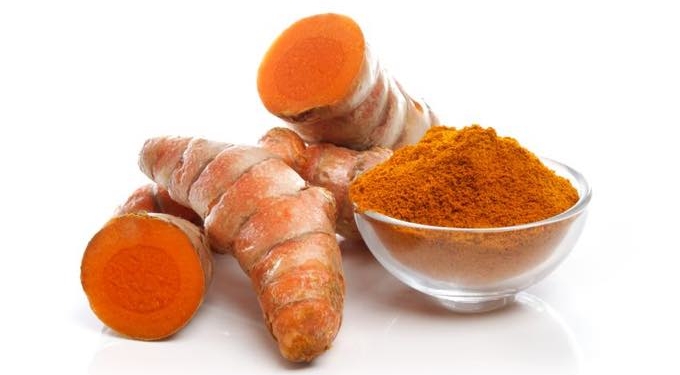
Dementia hits many more individuals than we may think – in fact, according to studies, a person is diagnosed with the condition every seven seconds. This is an alarming statistic indeed, and dementia (and one of its forms, Alzheimer’s disease) is now a prevailing epidemic, as common as other diseases such as obesity and diabetes. Amongst families with dementia sufferers, the risk is higher, and people who have a sibling or parent with a form of dementia are more likely to have memory issues as they grow older as well.
But according to the experts, there are many other risk factors which can lead to dementia and Alzheimer’s, such as diabetes, obesity, heart disease, hypertension, smoking, the use of drugs, and insomnia. And the sad fact is that for those who eventually have dementia or Alzheimer’s, the symptoms may have already been there long before the person realises it. It doesn’t matter which way we see it – we should take memory issues seriously. A noticeable decline in memory as a person ages is not a good sign and could lead to an even graver issue.
But there is some good news. You can develop habits and behaviour, for instance, which can influence and enhance your memory. And some would agree that there are certain foods which can help, such as turmeric and one of its main compounds, curcumin. Here, then, are some quick facts on what you can do to aid your memory and how curcumin can help with memory and conditions like dementia and Alzheimer’s.
What you can do
Even if you are at risk of dementia, you still have a choice regarding how quickly your brain gets old. You can make changes to your habits and behaviour, as mentioned, and you can also choose to become more active (both mentally and physically). What you eat can also make a difference, and natural foods are always recommended. And speaking of foods, research has shown that the compound curcumin in turmeric may play a role in the avoidance of neurodegeneration as it may be able to boost the pathways of cell survival as well.
What turmeric and curcumin can do
Turmeric is well known in countries like India and other Southeast Asian nations, where people are known for using turmeric for colds, indigestion, and pain relief, and it has been used for centuries not just for its flavour but also for its medicinal benefits. According to many, the benefits of turmeric are plentiful: it can help with digestion, it can help maintain blood sugar levels, it can bring pain relief and relief from inflammation, and more.
The most beneficial compound found in turmeric is curcumin, and it can help support memory functions and contribute to a feeling of calmness and bring relief from mental stress or strain. It has also been shown to lessen fatigue as well as promote better heart health. Curcumin is also known to contribute to the increase of BDNF (a brain hormone), which then enhances the function of the brain’s neurons, encouraging growth and promoting strength. Also, one of the features of diseases such as dementia and Alzheimer’s is the buildup of amyloid-beta proteins or plaque. In some studies, curcumin was found to have the potential to obstruct the development of this plaque.
Turmeric benefits are plentiful, and it doesn’t hurt to take advantage of this natural spice and supplement to better your health. Turmeric shots are readily available from reputable suppliers, and it’s easy to get used to having a turmeric drink every day. Whilst it can be all too true that we may have memory problems as we get older, they need not be unavoidable. If you take care of your memory from a young age, you can prevent or delay the onset of memory issues and even conditions such as dementia or Alzheimer’s. There is no age limit to having better mental and physical health, after all.
Sources:
https://www.brainmdhealth.com/blog/benefits-of-turmeric-and-curcumin/
https://www.hindawi.com/journals/ijad/2017/4164872/
https://www.ncbi.nlm.nih.gov/pmc/articles/PMC2781139/
https://www.brainmdhealth.com/blog/6-tips-give-memory-boost/
















